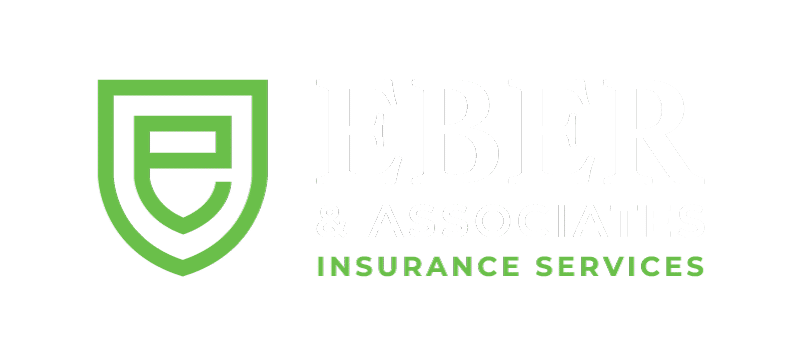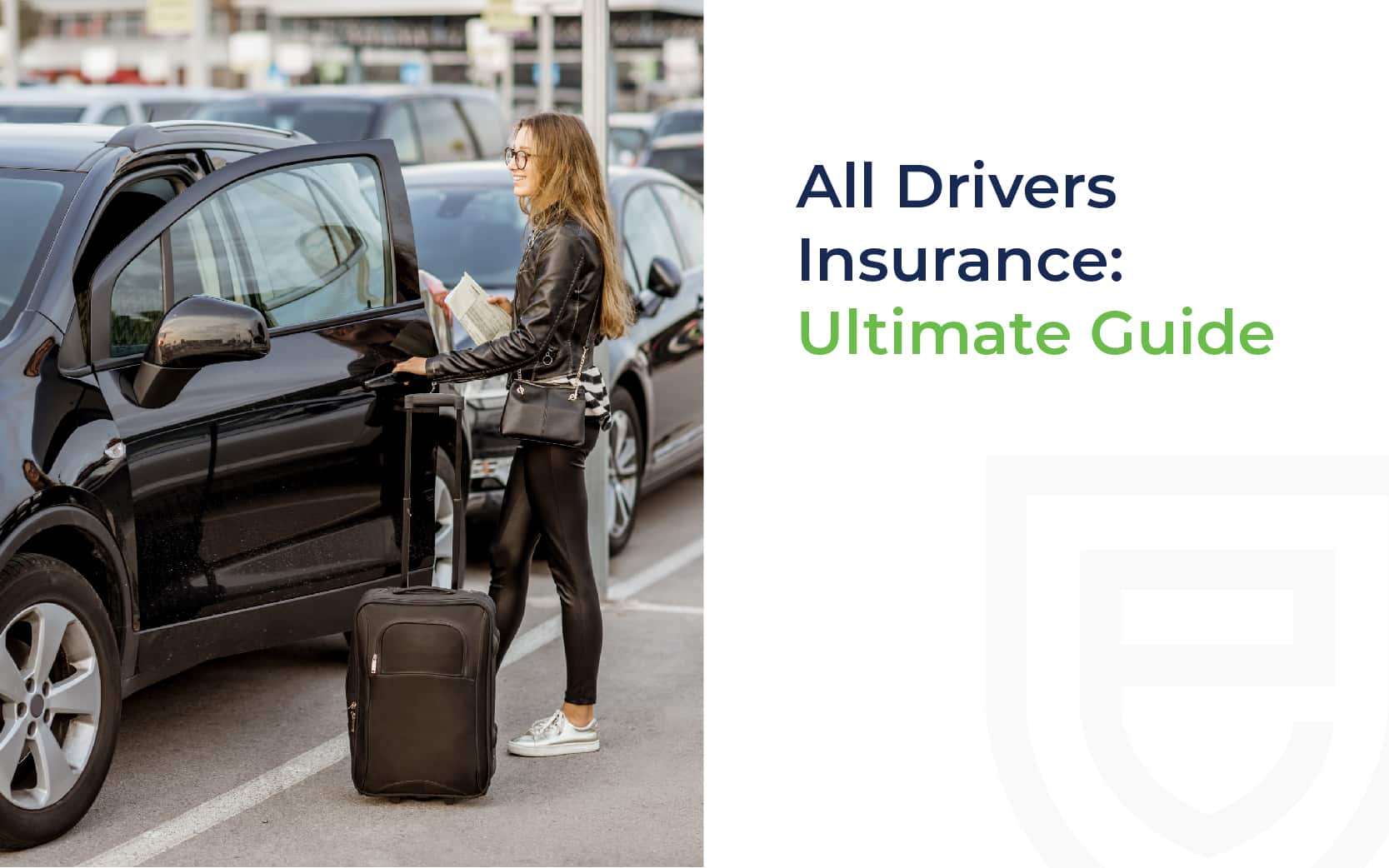When you’re standing at the car rental counter, checking boxes and signing your initials often feels like a mindless blur of paperwork. Invariably, you’re asked to sign up for extra insurance. But is it truly necessary for a rental car? Doesn’t your existing policy cover it?
This dilemma is common among travelers, sparking the neverending debate about the value of additional coverage versus relying on existing insurance policies. All driver’s insurance policies have limitations, and it’s important to know yours before signing on the dotted line for a rental car.
In this post, we’ll shed some light on whether you should consider ticking that extra box at the rental desk.
Know Your Current Coverage
The first step is understanding the coverage you already have. Not all driver’s insurance is created equal, but many personal auto insurance policies extend coverage to rental vehicles, offering the same protection you enjoy for your car. Just as there are differences in insurance policies for fully purchased, financed, or leased vehicles, you’ll want to know the details about the levels of liability, collision, and comprehensive coverage your insurance provides.
Credit card companies often provide rental car insurance as a perk of membership, though the extent of coverage can vary significantly.
If you’re unsure about what’s covered, talk to your agent. Once you know the limitations of your existing policies, you’ve taken a giant leap toward being prepared to make a decision about rental car insurance.
Rental Company Insurance Explained
Rental car companies provide various coverage options to protect both you and the vehicle during your rental period. The collision damage waiver (CDW) or loss damage waiver (LDW) is not insurance in the traditional sense. Still, it serves to waive the renter’s financial responsibility in case of theft or damage to the rental car.
They also offer liability protection, which safeguards against claims from others for bodily injury or property damage. Personal accident insurance covers medical costs for both the driver and passengers if an accident occurs. Personal effects coverage protects against the theft of personal items from the vehicle, providing comprehensive coverage while using a rental car.
Is Extra Insurance Necessary?
The decision to purchase additional insurance hinges on a few factors. It pays to know the details ahead of time so you can make a smart decision when you visit the rental car counter.
Your Current Policy’s Coverage
If your personal or credit card insurance comprehensively covers rental cars, additional insurance is unnecessary.
Risk Tolerance
Consider your comfort level with risks. If the thought of navigating an accident in a rental without full coverage makes you uneasy, extra insurance might be worth the additional peace of mind.
Destination Considerations
Driving conditions and risk factors vary by destination. In some areas, the likelihood of theft or damage might be higher. If you’re uncertain about the area in which you’ll be driving, it may be worth signing up for coverage to allow yourself to travel without worry.
Eber & Associates: Your Lifelong Insurance Partners
At Eber & Associates, we understand our clients’ dilemma when deciding on additional rental car insurance. Our goal is to demystify the process, offer clarity on rental insurance, and ensure you’re equipped with the knowledge to make an informed decision.
Whether you’re looking for comprehensive auto insurance solutions or advice on supplemental rental coverage, our team is here to guide you through your options.
To discover more about how we can support your insurance needs, from finding affordable auto insurance in PA to navigating the nuances of homeowner’s insurance coverage, visit us at Eber & Associates. Let’s ensure you’re covered through life, for life, no matter where the road you’re on takes you.

